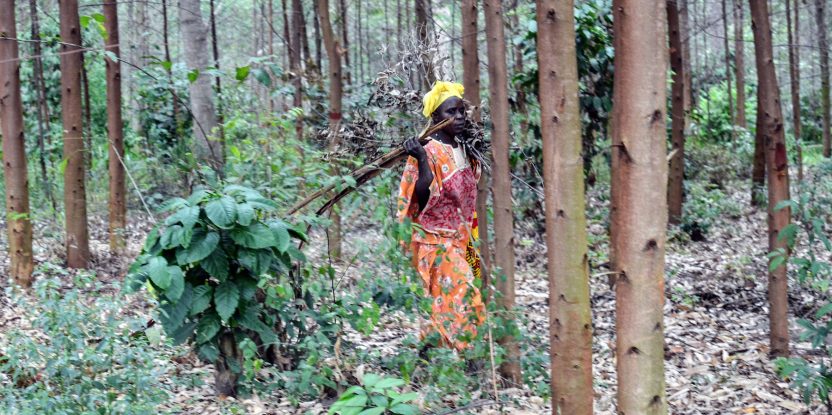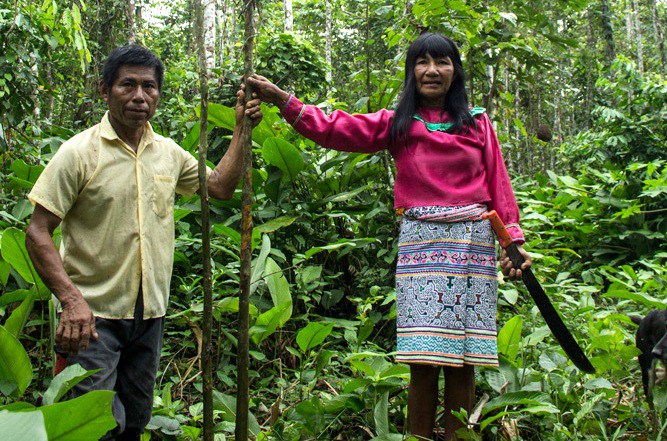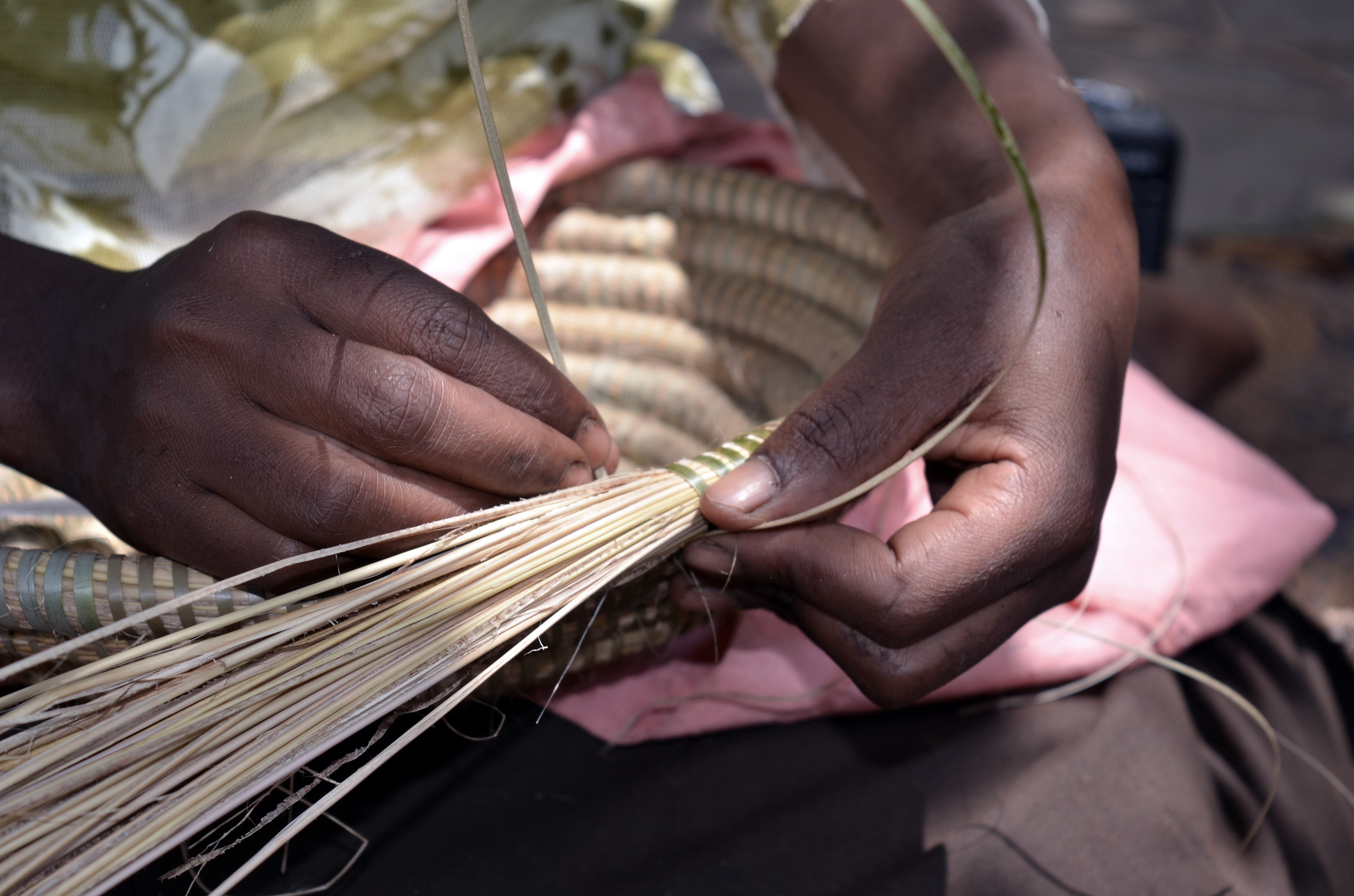
Fifteen years ago Uganda launched reforms to its land tenure system. The country’s forests, once lush and expansive, had come under threat due to agricultural expansion and the increasing demand for forest products. The reforms were an attempt to address this.
But until now it has been unclear how implementation of these changes has progressed, if there have been roadblocks, and how local communities and their rights to land have been impacted.
At a workshop on the topic that also served to launch five new publications stemming from four years of research in Uganda, Professor Abwoli Banana of Makerere University in Kampala said, “How has implementation played out? What have been the challenges? What has been happening? That is why we’re here.”
“All of us have a role to play in the implementation of these reforms,” he added.
Esther Mwangi, who led the research team from the Center for International Forestry Research (CIFOR), spoke of the results. “What is important to me in today’s meeting is getting your feedback on and your validation of these findings, how this can be of use to you in your work, and what is missing or emerging that this research and action did not capture.”
She added, “It takes a village to raise a child and I hope you can do the same with this research.”
VILLAGE PEOPLE
The studies from CIFOR together with partners from Makerere University and the Association of Uganda Professional Women in Agriculture and the Environment (AUPWAE) look at forest tenure reform in four districts, each with different kinds of forest management and tenure systems.
Scientists examined how reform emerged and documented communities’ experiences in Kakumiro, Kibaale, Lamwo and Masindi through hundreds of interviews. The research identifies impacts on the rights of women, poor men and ethnic minorities, including their access to forests and trees.
Mwangi said of the team’s interest in understanding forest-dependent communities, “We asked about the main livelihood activities and about tenure security and insecurity. We wanted to know what tenure security is to them.”
The researchers found that there was a general lack of awareness of rights and inadequate financial and human resources to protect local tenure. This people’s perspective from the experiences of those who use land is meant to inform government policy for the better.
National Forestry Resources Research Institute Director, Hillary Agaba, said, “Previously we had a lot of plantation forestry, mainly done by government and big companies, but with social forestry or community forestry we have communities having their community forests managed together on their communal land in some places for the benefit of providing the products and services they need. But these social forests and practitioners need the support from the technocrats.”

